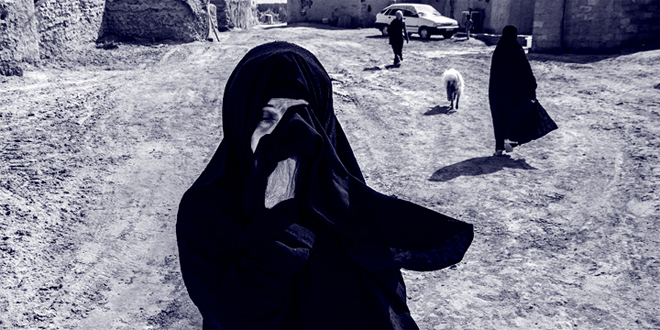
Jamshid Chalangi:
In tonight’s program we will discuss the water shortage crisis in Iran with our expert guests, Dr. Namdar Baghaie and Dr. Djalal Ijadi, as more than 300 Iranian cities are now facing this problem.
Meanwhile the flight of Iranian environmentalists from the country continues and there are reports of misuse of Iran’s uranium mines, which can pose further serious environmental problems.
And later in the program we will update you on the discovery of the mummified body of Reza Shah.
Jamshid Chalangi:
Dr. Baghaie, can a country survive in the long run with having such severe water shortage?
Dr. Namdar Baghaie:
Water shortage is nothing new in Iran. Our country has been struggling with this problem for centuries. However, in the past we have been able to mange it but currently as a result of mismanagement and the absence of any caring officials or government policies the problem has turned into a drought.
Very many illegal dams have been built on the path of water resources and as a result the farming lands of Iran only receive 12 percent of the total amount of water that they actually need. In the meantime Iran’s population has grown rapidly over the last two decades and water shortage is particularly severe in populated cities.
Jamshid Chalangi:
Dr. Ijadi, is there any quick fix for this major problem?
Dr. Djalal Ijadi:
It is estimated that currently Iran imports more than 15 billion cubic meter of water. We have severe water shortage in our provinces bordering Afghanistan, Turkey and Iraq.
When we talk about management of water resources, we must have a better understanding of our water resources, how to distribute them, modernize the irrigation systems and educate people to use water sensibly. None of these prerequisite conditions can be expected from the ruling regime in Iran.
We are talking about providing the most basic necessity for human survival for 80 million Iranians, which is not the concern of the regime at all.
Jamshid Chalangi:
Dr. Baghaie, could Iran’s traditional farming methods be turned into a proper industrialized one?
Dr. Namdar Baghaie:
In Israel and America they have used the dripping irrigation method and it has proved successful. Sadly, a great deal of our country’s water resources is wasted to grow fruits like melon and watermelon which are not the staple foods of our people and we can easily and cheaply import them and save the vast amount of water that goes into their cultivation.
However, you need to have a program and management system in place to achieve this.
Jamshid Chalangi:
Dr. Ijadi, what is your opinion about the recent tragic accidents in which a large number of our environmentalists were killed in them?
Dr. Djalal Ijadi:
According to the latest information, none of the known and expert environmentalists work in Iran at the moment. They have either fled Iran, or have been laid off, or are in prison.
This regime is only interested in investing in religious schools to spread ignorance and neither has the resources for it nor the intention to do something about Iran’s serious environmental problems.
Dr. Namdar Baghaie:
The Iranian regime uses the environmentally protected areas of Iran for its secret nuclear and missile programs and to keep environmental experts away from these sites accuses them of being spies and at the at the service of foreign countries.
Dr. Djalal Ijadi:
Several uranium mines in Iran are currently under the control of the regime’s security forces who guard them round the clock.
Dr. Namdar Baghaie:
The Savand uranium mine near the historic city of Yazd is the largest such mine in Iran and reports say that many children in the nearby villages have been diagnosed with blood cancer.
Jamshid Chalangi:
Stay with us for this edition of Behind the Headlines and share it with your family and friends.
 khalijefars News, Blogs, Art and Community
khalijefars News, Blogs, Art and Community








